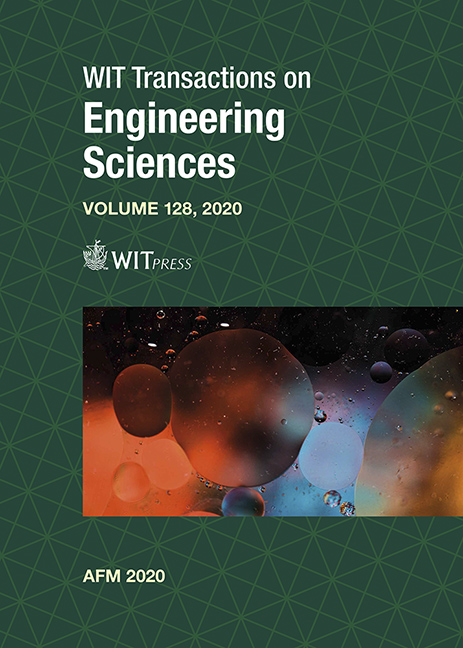A POSTERIORI METHODS WITH AUTOMATIC DISSIPATION ADJUSTMENT FOR THE SIMULATION OF COMPRESSIBLE FLOWS
Price
Free (open access)
Transaction
Volume
128
Pages
10
Page Range
3 - 12
Published
2020
Paper DOI
10.2495/AFM200011
Copyright
WIT Press
Author(s)
XESÚS NOGUEIRA, JAVIER FERNÁNDEZ-FIDALGO, LUIS RAMÍREZ, MICHAEL DELIGANT, SOFIANE KHELLADI, JEAN-CAMILLE CHASSAING, FERMÍN NAVARRINA
Abstract
In this work, a generalized framework for the numerical computations of the compressible Euler and Navier–Stokes equations is presented in order to increase the accuracy of any numerical scheme that uses a numerical flux that can be rewritten as a central term plus some dissipation term. The key idea is to regulate the numerical dissipation introduced by the scheme in real-time according to some estimate of the high-frequency content in the flow. This technique is called adaptive dissipation, and has been applied successfully to the calculation of incompressible turbulent flows. In the present case, and due to the compressibility effects, the methodology may present some stability problems, in order to remedy this behavior, we couple the adaptive dissipation methodology with an
Keywords
high-order methods, compressible flows, implicit large eddy simulation, computational fluid dynamics, a posteriori, shock capturing, turbulent flows





